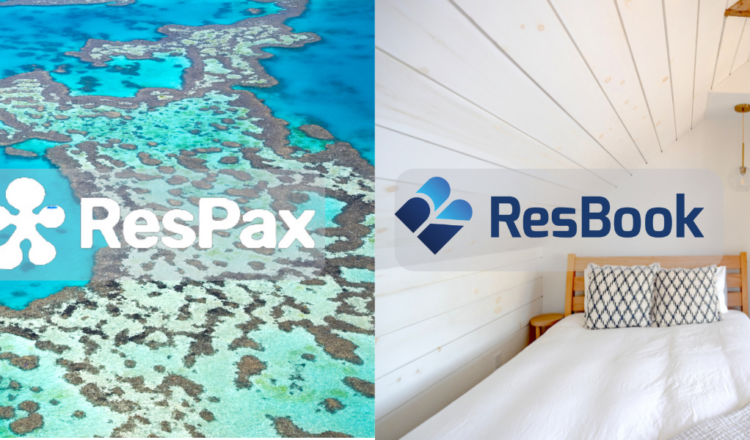When Livn was created in 2011 to bridge the gap between buyers and sellers of tours, activities and attractions, our mission was to transform how the travel sector connects and interacts. Since then, the industry has undergone a lot of change, and so have the behaviours of travel consumers.
We noticed recent changes over the past few years, including:
- Customer demand for real-time availability and bookings.
- Product structures and pricing configurations are becoming more dynamic.
- Reservation systems usually serve a specific geography and accommodate unique regional requirements; therefore, APIs differ vastly. So regional APIs are becoming important.
- An increase in product variables to meet consumer demand means more complexity.
- Non-linear pricing is becoming more prevalent, with discounts applied at the discretion of tour operators
After 25 integrations with distributors and 30 reservation systems worldwide, it was time for a new approach and course direction, and the task in front of us took form. We wanted to create a solution that accomplished four critical mandates:
Mandate 1: Reduce Post-Booking Interactions
Much like your trusted travel agent would ask you important questions to finalise the sale, the Livn API has incorporated a Question and Answer (Q&A) approach. Via our integration with the reservations systems, our API can identify all the mandatory data for a product to be booked.
The Livn API asks these questions to the traveller until the reservation system confirms they have all the required information to complete the booking.
A good example is a helicopter tour, where the passenger’s weight is essential information for the balance of the aircraft. Or it could be an overnight scuba diving tour that asks if any dietary requirements are needed.
The result is 100% accuracy in the information provided and there is no need for constant manual interactions between tour operators and their end-traveller.
Mandate 2: Flexible Business Model
Livn is purely B2B (Business-to-Business) and through a single integration with the Livn API, our customers automatically connect to 30+ global reservation systems. Each house a large number of individual operators, and customers can then activate operators’ content via two models:
- Wholesale: Designed for companies who do not have existing relationships with tour operators, this model connects existing websites or apps with hand-picked experiences around the world.
- Direct: Designed for companies who want to maintain existing commercial agreements with their chosen tour operators without requiring custom connections with multiple APIs.
Our product range enhances customer experience, allowing you to protect and build your brand and create a new revenue stream for your business.
Mandate 3: Promote Internal Efficiencies
The new Livn API eliminates data waste by not creating, storing or removing a calendar time entry for every possible product variation. So, you can make life easier for the procurement, content and quality assurance teams by providing reports, data insights and sorting features required to do their job.
Mandate 4: Make it Developer User-Friendly
We designed our API with a wide range of useability and ease of integration. Our data flow contains all the necessary pointers UI designers can use to build responsive, validated and interactive UIs. Providing this type of metadata not only helps UI designers but also helps with test automation. The Livn API is also wholly documented in-depth for the best-supporting information possible.
These four mandates were the foundation for evolving the Livn API to build a version that provides real value to our integration partners and tackles the changing needs in the travel landscape.
To find out more about the Livn API visit: https://livn.world/products





